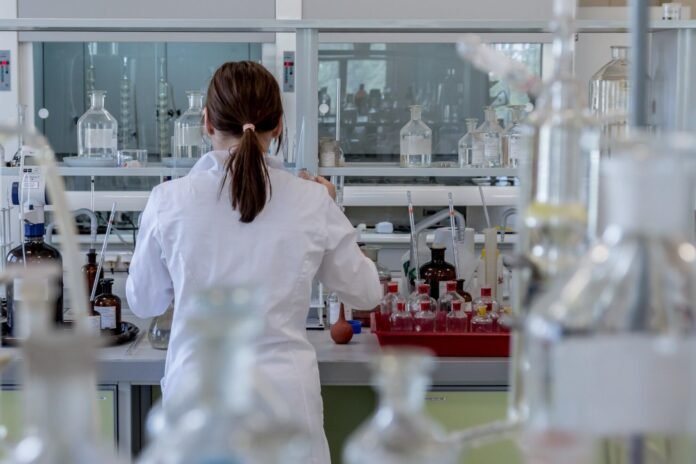Have you ever thought about how products are created in factories? The answer often comes down to process chemistry. This field focuses on designing chemical processes that turn raw materials into useful products efficiently.
Process chemistry helps ensure everything is made safely and at a large scale. This is whether it’s making medicine, food, or cleaning products. Want to discover how it works and its real-world uses?
Let’s dive into the key concepts and applications of process chemistry!
What is Process Chemistry?
Process chemistry focuses on designing and improving chemical processes for large-scale production. It involves understanding how reactions work. It also involves how to control them for efficiency and safety. One important part of this field is studying reaction mechanisms. These explain how chemical reactions occur at the molecular level.
By knowing these mechanisms, chemists can predict outcomes and optimize reactions. Process chemistry helps in making everyday products like:
- medicines
- fuels
- materials
Core Concepts in Process Chemistry
Core concepts in process chemistry include:
- understanding chemical reactions
- scaling up processes
- ensuring safety
Reaction mechanisms play a key role in predicting how chemicals behave. It also helps on how reactions can be controlled. The ability to scale up reactions from the lab to industrial levels is crucial. This is for large-scale production.
Safety is a top priority. This ensures that processes are safe for workers and the environment. Process chemistry also focuses on optimizing efficiency to save time and reduce costs. This approach is essential in the production of high-quality medicines. This is where precision and consistency are critical
Chemical Process Design
Chemical process design is about planning and creating efficient systems to produce chemicals. It involves choosing the right reactions and equipment for the job. In many cases, the process needs to be scaled up. This is from small-scale chemical synthesis to large-scale production. The design must consider factors like:
- safety
- cost
- environmental impact
It also requires selecting appropriate materials and energy sources to ensure smooth operation. Process engineers work to make the process as efficient as possible, reducing waste and energy use.
Challenges in Scaling Up
Chemical process design focuses on creating efficient systems to produce chemicals at large scales. It starts with choosing the right reactions that will yield the desired products. Engineers then select the best equipment to carry out these reactions safely and efficiently.
The design also needs to consider factors like cost, energy use, and waste reduction. It’s important to ensure the process can be scaled up from the lab to full production without losing quality or safety. The goal is to make the process both economically and environmentally sustainable.
Applications in Industry
Process chemistry has many important applications in various industries. In the pharmaceutical industry, it helps create high-quality medicines safely and efficiently. In the food industry, it ensures that products are made consistently and meet safety standards. Chemical manufacturing uses process chemistry to produce materials like:
- plastics
- paints
- detergents
The energy sector benefits from process chemistry by improving fuel production and reducing waste.
Learn More About Process Chemistry
In conclusion, process chemistry is essential for turning raw materials into useful products on a large scale. It involves understanding chemical reactions, optimizing processes, and ensuring safety.
The key concepts in process chemistry help industries create high-quality products, like medicines and materials, efficiently.
Looking for more tips and ideas? We’ve got you covered. Check out some of our other posts now.
